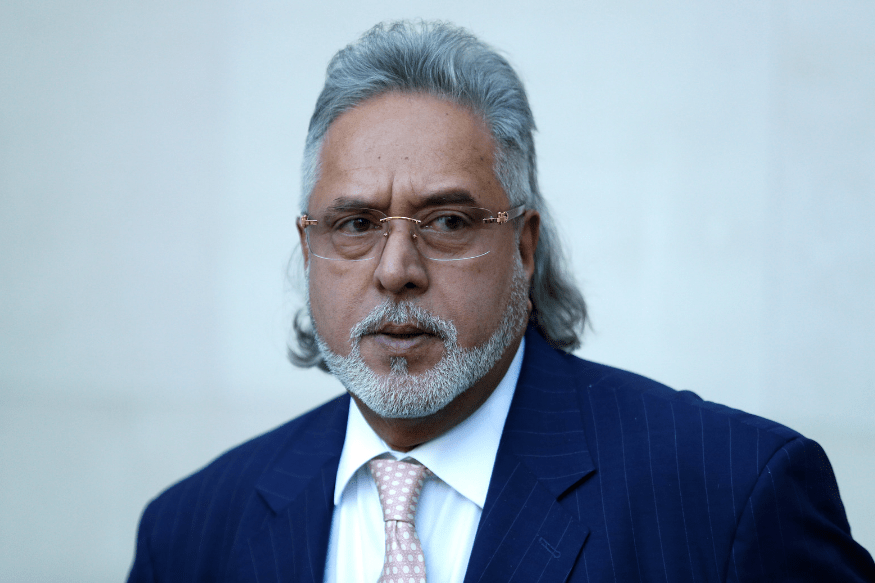On Thursday, in a breather to the law students studying in one-year master of law course across the country, the Bar Council of India informed the Supreme Court its decision to scrap the post-graduation course only from the academic year of 2022-23.
Recording the statement to that effect by Bar Council of India (BCI) chairman Manan Kumar Mishra, a bench comprising Chief Justice Sharad A. Bobde, and Justices AS Bopanna and V Ramasubramanian did not pass any interim order.
Instead, it sought response from the BCI on a petition by the Consortium of National Law Universities challenging the BCI’s decision to scrap the one-year LL.M programme and derecognize foreign LL.M. The court gave BCI four weeks to respond to the petition. The BCI’s decision that the post-graduate course in law (LL.M) has to be of two years spread over four semesters triggered a storm in all the national law universities and other academic institutions, imparting one year LL.M after the five year BA LL.B.
The system of having just one-year LL.M after five year BA LL.B was viewed to be disadvantageous to those who take up the study of law in three year course after completing graduation and then have to study for another two years for their masters degree in law.
Senior lawyer Abhishek Manu Singhvi, appearing the consortium of NLUs, told the court that the rules under challenge are ex-facie unconstitutional, illegal, ultra vires, arbitrary and premised upon a completely fallacious foundation that BCI is the sole body to regulate the entire spectrum of legal education in the country.
The NLUs have contended that mere absence of ‘legal education’ in New Education Policy 2020 does not by itself vest powers in BCI to regulate higher legal education. The National Law Universities have further contended that BCI could not take recourse to the Advocates Act to regulate any degree or academic or vocational programme which is not a prerequisite to enrolling as an advocate.
Source Link




